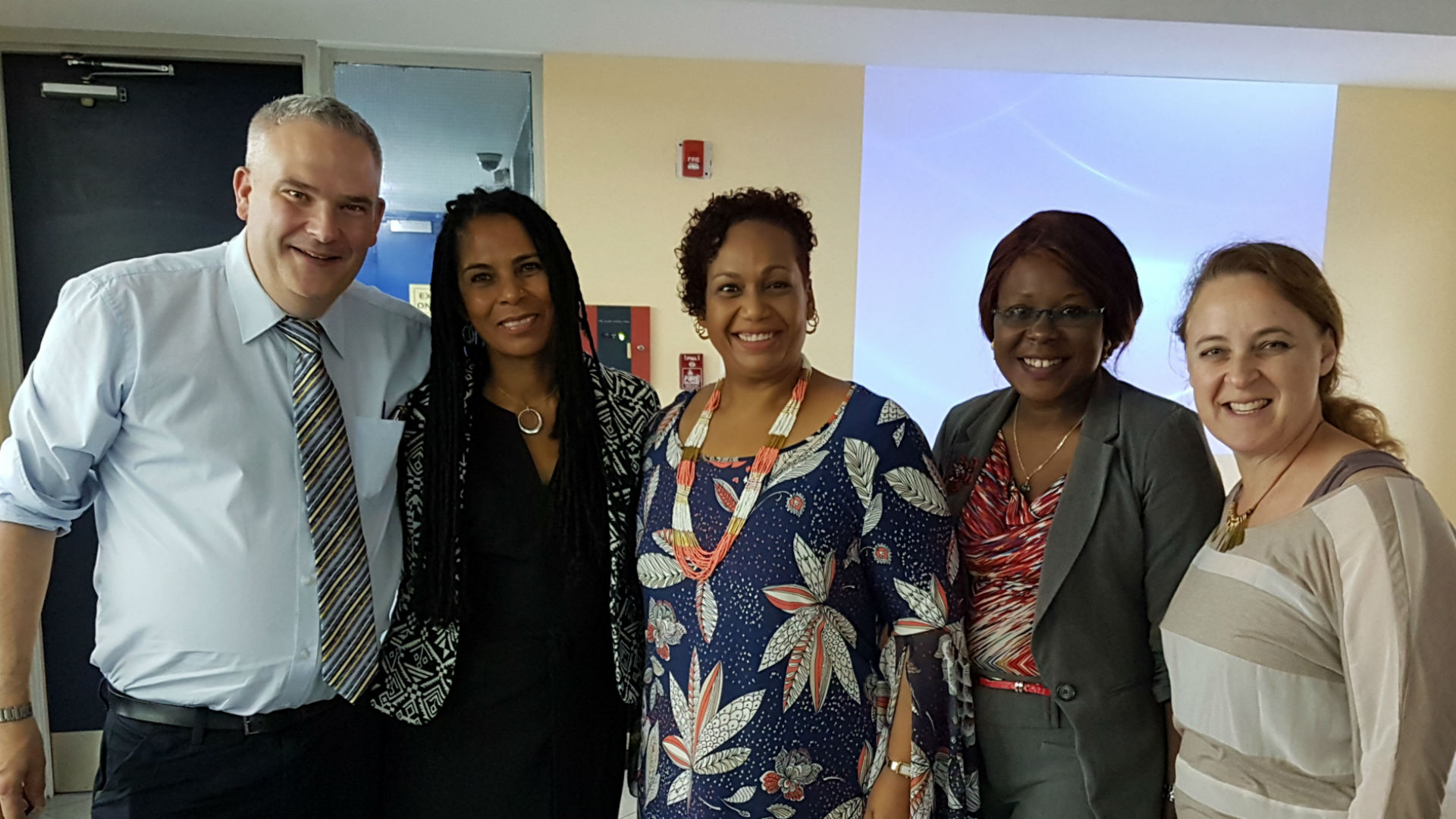Improving prospects for children of prisoners
The effects of having a parent in prison can have devastating consequences for children, but the benefits of groundbreaking research into the subject from the University of Huddersfield are having impact in the UK and around the world.
The COPING project – Children of Prisoners Interventions and Mitigations to Strengthen Mental Health - ran from 2010 to 2013, and examined the mental health, wellbeing and resilience of children with imprisoned parents. Its findings have generated projects and initiatives ever since, while even more involving the University are being planned.
Prior to COPING coming together, evidence suggested that children of prisoners would have behavioural difficulties, educational problems and financial hardship. But there was a lack of hard evidence on the extent of these issues, their causes and what, if any, services were available to those affected.
Academics from Huddersfield partnered with universities and NGOs from Sweden, Germany and Romania to survey around 250 children with a parent in prison per country. COPING’s findings included:
- Children of prisoners were 25-50% more likely to have mental health issues than those who did not have a parent in jail
- There was a lack of sympathy for children of prisoners, and a feeling of stigmatism
- Being able to visit an incarcerated parent kept children resilient
- Phone contact was important and valuable for both children and parent
- Support from school or a sympathetic teacher was crucial in aiding children

Children's input is vital
“Hearing from children themselves was a vital part of COPING,” says Ben Raikes, Senior Lecturer in Social Work at the University of Huddersfield.
“Projects involving children often tend to have adults reporting on their behalf. One of the aspects of COPING we are proudest of was when, through our ties with the Quaker United Nations Office, two young British people each with a parent in prison addressed a meeting of the UN Committee on the Rights of the Child. As far as we know this had never happened before.
“It was the largest study of its kind, and the first of its kind to gather such a large volume of relevant information on the lived experience of these children into one place.”
COPING’S report was published online in 2013, and since then its findings have been used to influence policy and effect change in several countries. Prosecutors in Mexico have undergone training that drew on COPING findings to emphasise the effects on children if a parent is jailed.
In Germany, Bavarian police carry cards containing information about sources of support for families that they hand out at the time when a parent is being arrested. This was inspired by COPING's recommendations in relation to the importance of sensitive police practice at the time of arrest.

Ongoing global impact
Francis Ssuubi established the ‘Wells of Hope’ charity after witnessing the effects of incarceration on both fellow prisoners and their children during a jail term of his own in his native Uganda. He contacted Professor Adele Jones, who led the COPING Project, after reading its report. Following visits to Uganda by Adele and Ben, Francis has addressed the UN about the impact of living on Death Row on prisoners and their families.
Closer to home in the UK, COPING’s findings about how the arrest of a parent impacts upon a child have been used in training for officers in the Metropolitan Police.

COPING’s worldwide impact has also seen the establishment of the International Coalition for Children of Incarcerated Parents (INCCIP). The University of Huddersfield will host INCCIP's second conference in 2019, following on the success of the inaugural event held New Zealand in 2017 that was attended by delegates from 19 countries and five continents. The work of COPING and INCCIP could also lead to better visiting rights for imprisoned mothers in Trinidad, following a symposium held there and attended by Ben and Adele in early 2018.
“This international network has some really exciting prospects in terms of impact and improving the prospects of children of incarcerated parents,” says Ben. “We’ve found that children can be caught in difficult circumstances that are hard to break out of through no fault of their own, but the network is discovering more stakeholders all the time who are working to change this on a global scale.”

Ben Raikes
Senior Lecturer in Social Work, Department of Behavioural and Social Sciences
Ben became Senior Lecturer at Huddersfield in 2010, following roles in and around Manchester including probation officer, mediator and court welfare officer. His published work includes 'Unsung heroines' for the Probation Journal, which looked at the role of the care provided by grandmothers for the children of imprisoned parents.
Summer 2018 issue
Return to the home page for the Summer 2018 issue of Discover.
Next article
The work of Ted Hughes, one of Britain's greatest poets, is being preserved with the help of the University of Huddersfield